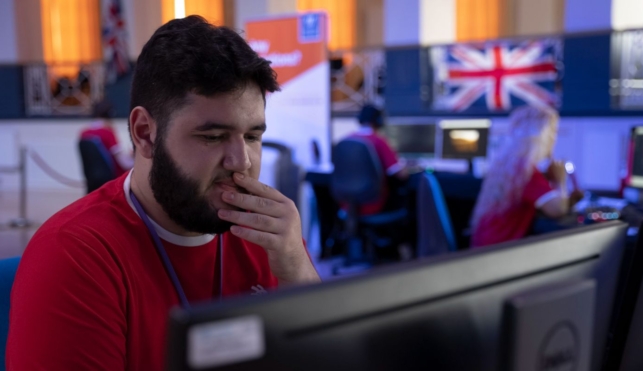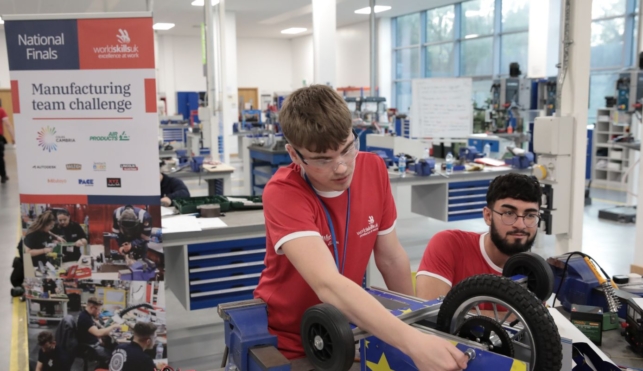In this guide you’ll find resources to help you prepare for the National Finals and ensure you are ready to compete to the best of your ability.
In order to compete to your full potential, you will need really good technical skills in your discipline. Another factor is the mental skills you will need to make sure you are able to undertake the required practice and training prior to competing. This is important as you’ll be competing in a pressured, time-limited environment.

